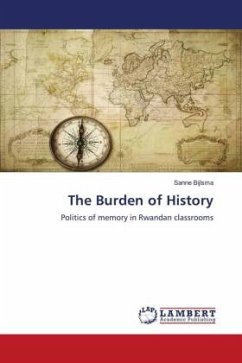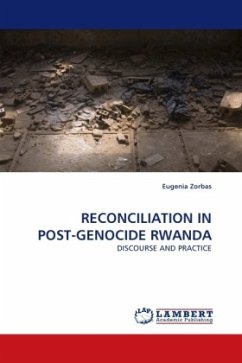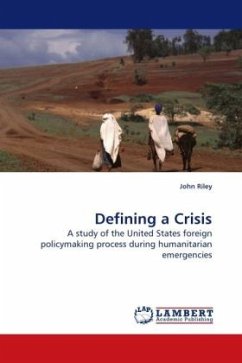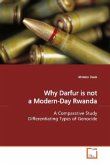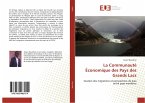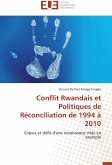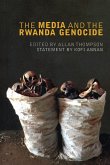During the 1994 genocide over a half a million Tutsi and moderate Hutu were killed. This book presents a study about teaching history in this complex context. The Government of Rwanda (GoR) installed a moratorium on teaching history until new books were written and is dominating public discourse on history since. Unity and Reconciliation became the official doctrine. This study explores the school system as an institute of memory and thus as a possible tool for promoting the official doctrine. Next to the formal school system, the author also explores the more informal ways of 'teaching' and 'defining' Rwandan history via the public discourse. This study describes the strategies undertaken by the GoR in promoting a collective memory and national identity, but also the existing tensions around the official historical narrative. This study should contribute to the debate on the relation between conflict and collective memory and the role of schools as an important institution of memory, and should be useful for professionals in history, international relations or political sciences, or anyone else interested in the 'politics of memory' in Rwanda.
Bitte wählen Sie Ihr Anliegen aus.
Rechnungen
Retourenschein anfordern
Bestellstatus
Storno

